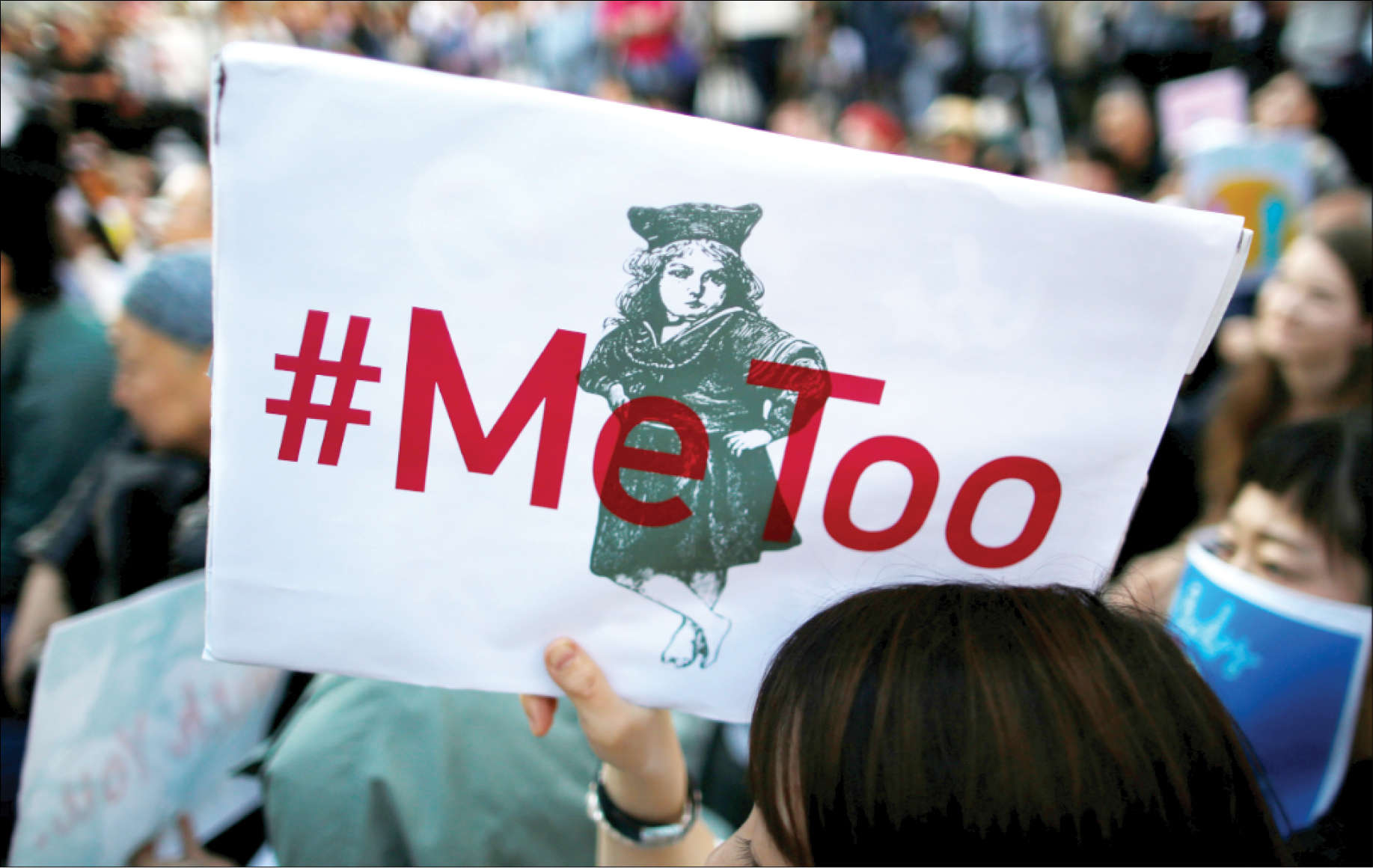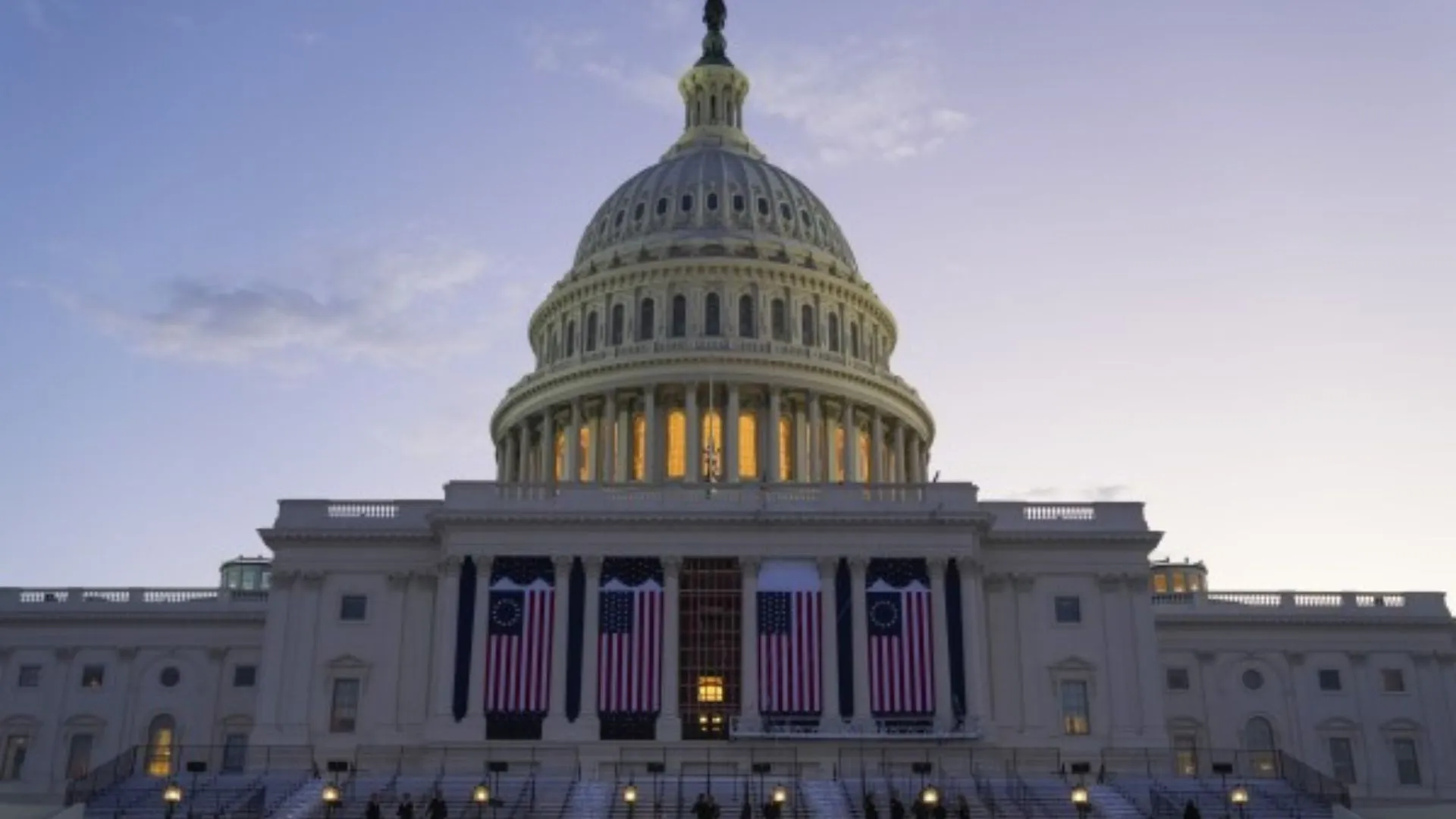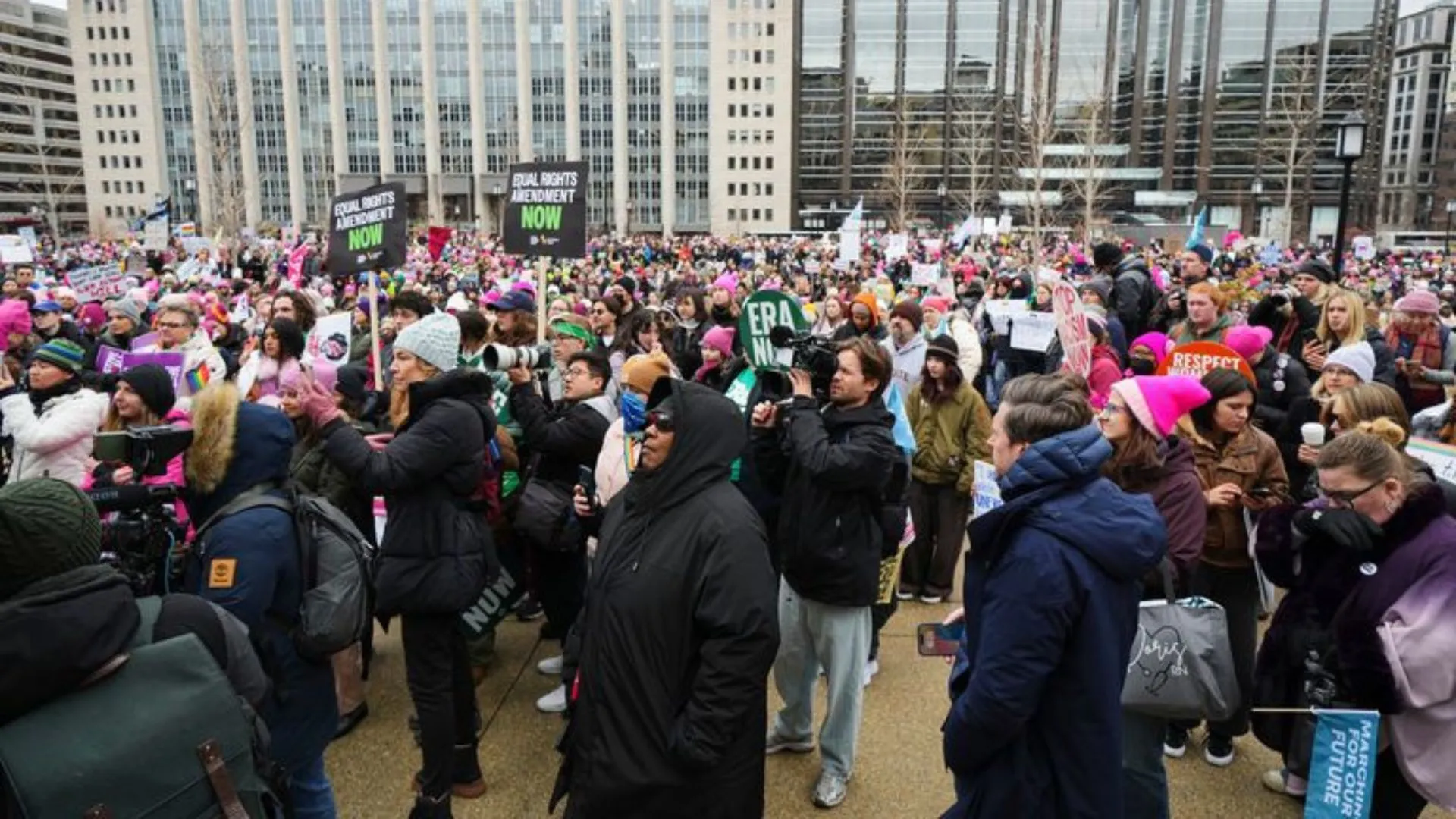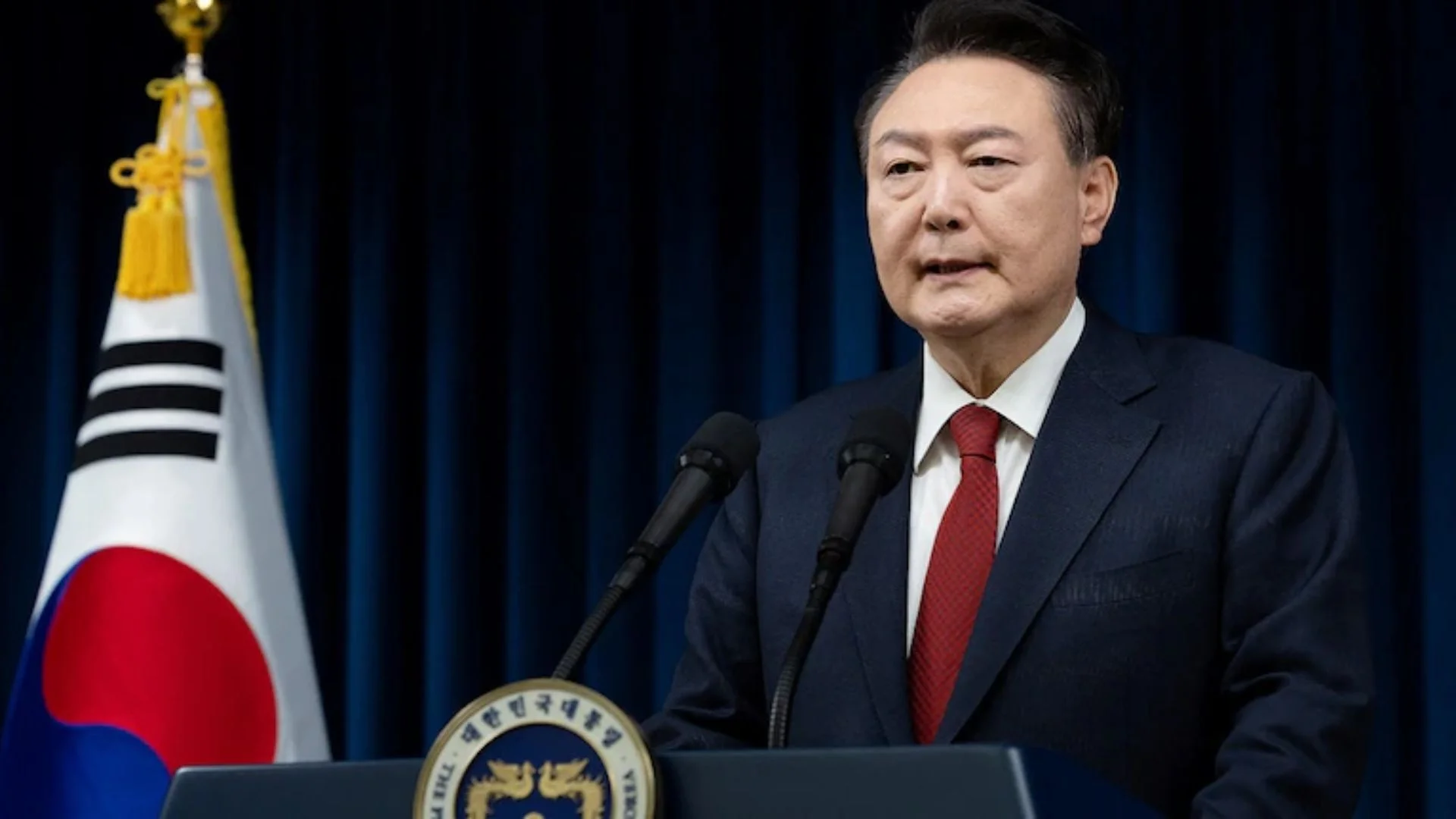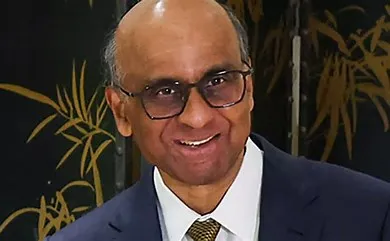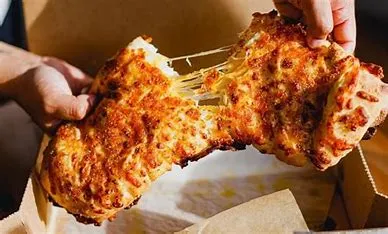Touching inappropriately, cracking sexist jokes, and a soft slap on the bum were part of the “casual advertising/media culture” of the 70s, 80s, and 90s. The frame is Mad Men. It was a low-key conflict environment where competition, sexism, and angst were the main occupations. Most youngsters who joined the industry were in awe of the cool ad/media culture. Employees wore distressed denim on weekdays and smoked up while cracking the campaign. Also, one could address the chairman with his or her first name. Till 2018 when the cat was out of the bag, with allegations and sleazy accusations against the top of the rung male bosses of the media and entertainment business.
Men started to rethink for the first time ever. They were worried about the first leak of the #MeToo. The victims were women who had endured the harassment and suddenly were no longer frightened to point fingers. The accused were the elite media and entertainment heads that had gotten away with their sexist attitudes in the past. Hashtag Metoo was on everyone’s lips. Every woman has faced this at some point in her career. She was now no longer intimidated by the movement. Male bosses in India and internationally were all on the altar of judgment. The movement got stronger with women across the world who got together to speak up. Anirban Blah, head honcho of Kwan, the celebrity management firm, tried to commit suicide when women came out like hidden skeletons from closets, accusing him of sexual harassment. Blah did what he did. Sadly for him, he thought it was a shut and closed case. The allegations began pouring in from all across.
In a chance meeting with Blah last year in Bangalore, he said that he was ashamed of his past and was a changed man now. But it leaves one with a lot of doubt about redemption. As values don’t change overnight. Also, what prompts men in power to act on anything they desire leaves one questioning why women, on the other hand, when wronged, remain discreet. Like Blah, many continued what their predecessors had started, and most didn’t see much wrong with that. It was the passing of the guard. The cycle was not broken. Soon, women swarmed the scene with their stories. Every day, a new case was being revealed from every nook and corner of the world. Suddenly, women had the courage to speak up against the violators.
The gossip mills doing the rounds in the office corridors were, “Who next?” More women spoke up, each admitting to having experienced the #MeToo moment. Some had kept quiet, some quit their jobs, and some found the courage to finally break the silence after years. Women of today owe this to Tarana Burke, an American activist from New York who started the hashtag MeToo movement. In 2006, Burke began using MeToo to help other women with similar experiences stand up for themselves. Over a decade later, her work for #MeToo became a viral hashtag when Alyssa Milano and other women began using it to tweet about the Harvey Weinstein sexual abuse cases. The phrase and hashtag quickly developed into broad-based activism and eventually an international feminist movement. The Indian mindset too has changed from before. As senior media journalists like Priya Ramani took on Editor MJ Akbar in the hashtag MeToo case, acclaimed actor Nana Patekar was accused by Tanushree Dutta of harassment. Alok Nath, known for playing the role of the quintessential family man, was accused by Sandhya Mridul and Vinta Nanda. Until now, workplaces had never seen sexual harassment cases come to the forefront unabashedly and in the open. We have seen solidarity before, but never like this. Women have now begun to no longer look at date rape, pay gaps, catcalls, broken relationships, and harassment as individual cases. This is now a shared female experience. We have much to cheer on and many more miles to go.
Mohua Chinappa is an author and a podcaster of a show called The Mohua Show.

